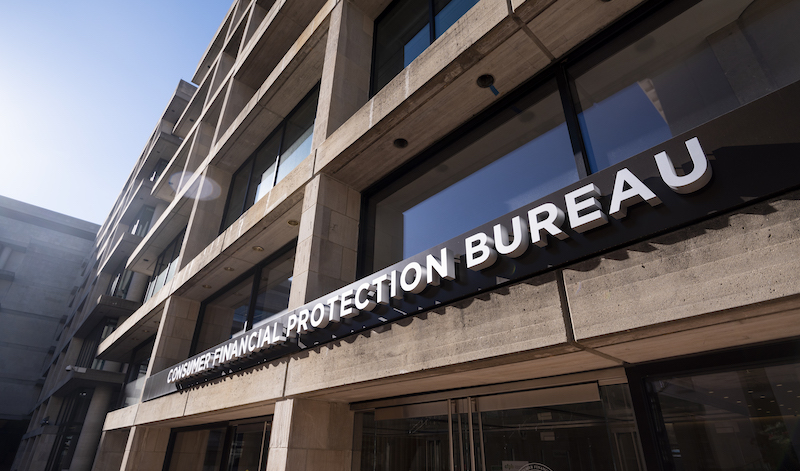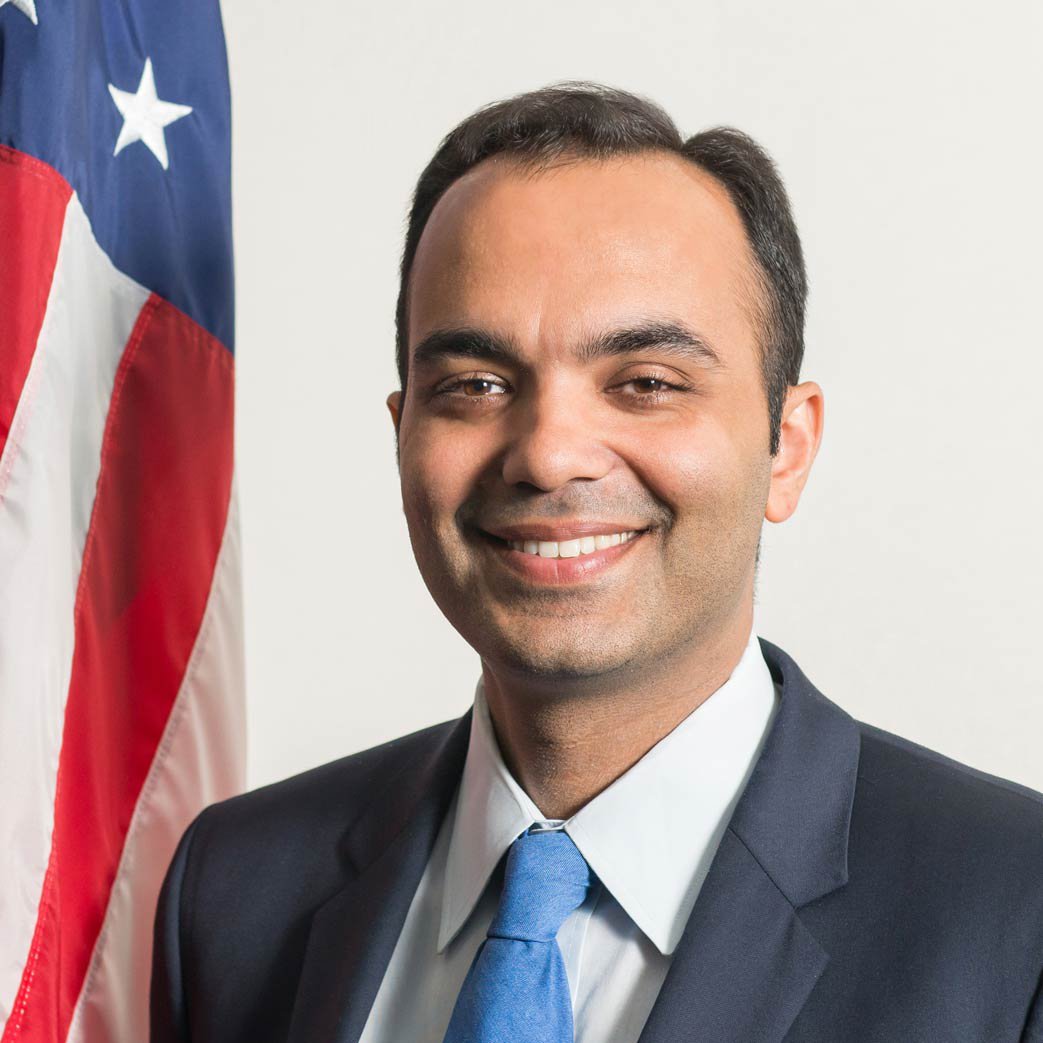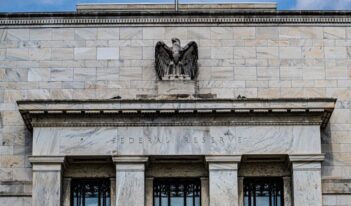
To curb repeat violations, federal regulators should seek remedies that change businesses’ structures or alter their incentives.
Finally, I will close with how regulators should be sharpening their focus on repeat offenders and discuss some of the non-monetary, structural remedies agencies might seek in order to levy the same kind of deterrents on small and big firms alike.
Achieving general deterrence is an important goal for the Consumer Financial Protection Bureau (CFPB). We need penalties where the expected financial benefits of an illegal scheme do not outweigh the expected costs. And we need an understanding that agency and court orders are not suggestions. Put plainly, regulators charged with overseeing large institutions have lost credibility when it comes to halting repeat offenders. While headline-driven penalties give the guise of deterrence, they do not work for dominant, powerful firms.
In the end, regulators need to look at bright-line structural remedies, rather than press-driven approaches. As any gardener knows, to address a weed, you need to get at the root, rather than constantly monitoring what is simply seen on the surface.
Indeed, when the CFPB helped to uncover the “fake accounts” scandal at Wells Fargo, it was not necessarily the $100 million fine on the bank that was material. Instead, it was the Federal Reserve Board’s decision to impose a growth cap that got the institution’s attention. And when the Office of the Comptroller of the Currency took a role in vetting appointments of new executive hires, that also got their attention. Rather than relying solely on penalties and procedural paperwork, it is critical that regulators and enforcers shift their mindset in this way when it comes to remedies.
At the CFPB, we have plans to establish dedicated units in our supervision and enforcement divisions to enhance the detection of repeat offenses and corporate recidivists and to better hold them accountable. This will include closer scrutiny to ensure orders are being followed and closer coordination with partner agencies to ensure that each agency’s orders are not treated as suggestions. It is critical that we—regulators, enforcers, and supervisors—support each other in effectuating deterrence and compliance with orders.
But more importantly, for serial offenders of federal law, the CFPB will be looking at remedies that are more structural in nature, with lower enforcement and monitoring costs. Under our authorizing statute, the CFPB may seek “limits on the activities or functions” of a firm for violations of laws, regulations, and orders.
These are reforms that are needed throughout government. Depending on the specific facts, government enforcement agencies have an arsenal of options to truly stop the repeated illegal practices at big financial institutions. Let me run through some of the most important options. While many government regulators have sought such limitations on small businesses, they have shown less willingness to do so with larger and more powerful firms. This needs to change.
First: Caps on size or growth. By imposing asset caps, limitations on transferring or acquiring assets, or related limitations that impact the entity overall, regulators are curbing incentives to break the law and boosting incentives for compliance.
Second: Bans on certain types of business practices. When regulators put limits on business or product lines, or close business lines or specific practices, it stops the immediate harm and stops the company from violating the law again in the future. For example, after LendUp violated a 2016 CFPB order to stop misleading customers about the benefits of its loans, we took action. the CFPB stopped LendUp from making new loans, collecting on outstanding loans to harmed customers, and selling customer information. LendUp, a former darling of venture capital, is now shutting down.
Third: Divestitures of certain product lines. Sometimes it is not a toxic product but the business model around that product or the management of the product that is the problem, in which case it makes sense to spin it off so it can operate legally. This is especially relevant when order violations stem from a firm’s lack of managerial acumen to ensure that all subsidiaries and affiliates are obeying the law.
Fourth: Limitations on leverage or requirements to raise equity capital. When regulators put guardrails on how the company is fundamentally funded, it mitigates the chances a company will become over-leveraged and engage in the type of dangerous “gambling for resurrection” behavior that can harm customers and our economy. Putting these limitations on the table also serves as a powerful deterrent, given financial companies’ desire to maximize their risky debt-funding and short-term return-on-equity.
Fifth: Revocation of government-granted privileges. Large firms are often required to meet certain conditions to maintain privileges authorized by the public through administrative agencies. For example, pharmaceutical companies rely on patents and sell products to government payors. Misconduct can lead to losing these benefits. Meat and poultry firms must often register with government authorities and can lose their registration if engaged in certain wrongdoing.
For repeat offenders that are insured depository institutions, they can lose access to federal deposit insurance or their ability to continue operating. For example, regulators should assess whether it is appropriate to terminate or limit access to FDIC deposit insurance or to put banks directly into receivership. Congress specified that institutions that are unsafe and unsound may be subject to losing access to FDIC deposit insurance or their ability to stay in business. Repeat offenses and, in particular, order violations, may be a sign that an institution’s condition or behavior is unsafe and unsound.
For licensed nonbank institutions, the CFPB will be deepening its collaboration with state licensing officials, so that states can ascertain whether licenses should be suspended or whether corporate assets should be liquidated. If senior management is unable to remedy deep-seated failures it may be appropriate to liquidate, disband, or otherwise shut down the institution to prevent further harms or legal violations. Indeed, since the nation’s founding, regulators in the United States have a history of terminating corporate charters and licenses. Today, this should be considered for institutions of all sizes when the facts and circumstances warrant it.
Finally, the role of individual liability cannot be discounted. When small businesses get in trouble, regulators and enforcers are quick to target the top brass. It is inappropriate and unfair to not have the same approach to big financial institutions when the facts and circumstances of the role of individuals is the same.
Agency and court orders bind officers and directors of the corporation, and so do the laws themselves, so there are multiple ways in which individuals are held accountable. Where individuals play a role in repeat offenses and order violations, it may be appropriate for regulatory agencies and law enforcers to charge these individuals and disqualify them. Dismissal of senior management and board directors, and lifetime occupational bans should also be more frequently deployed in enforcement actions involving large firms.
When it comes to individuals, regulators also need to pay close attention to executive compensation incentives. Important remedies for restoring law and order may include clawbacks, forfeitures, and other changes to executive compensation, including where we tie up compensation for longer periods of time and use that deferred compensation as the first pot of money to pay fines.
Such actions are more likely to halt recidivism than fines paid from the profits of wrongdoing.
In the end, large dominant firms should be subject to the same consequences of enforcement actions as small firms. We need to end double-standard enforcement that exists. We need to move away from just monetary penalties and consider an arsenal of options that really work to stop repeat offenses.
More importantly, when the public perceives that powerful actors in the economy and society live by a different set of rules, this deeply undermines the promise of the rule of law and our market system. We can and must change course on this.
This essay is part of a three-part series based on remarks delivered at the Annual Distinguished Lecture on Regulation at the University of Pennsylvania Law School on March 28, 2022.
A fully formatted version of this entire three-part series is also available for download as a single, integrated PDF article.




